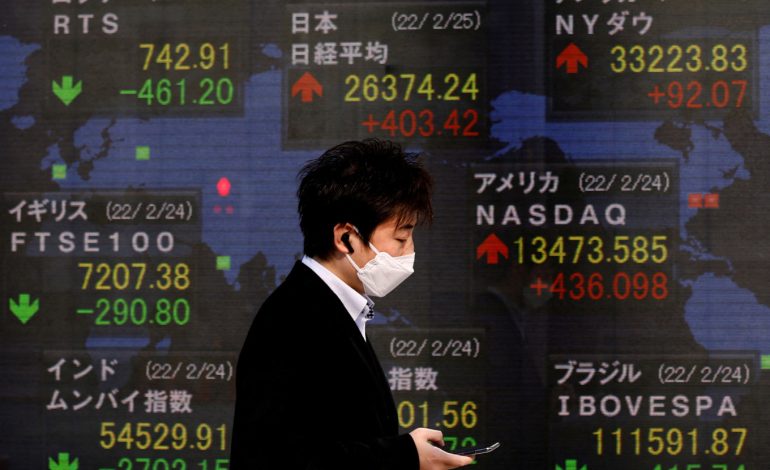Despite a rocky start, global stock markets closed August on a high note, extending gains for the fourth consecutive month.
The MSCI’s broad index of global shares rose 0.1% on Friday, contributing to a 1.8% gain for the month. This recovery followed a sharp sell-off in early August, triggered by weaker-than-expected economic data from the United States and an unexpected rate hike by the Bank of Japan, which disrupted currency markets and echoed previous market crashes.
The US dollar was under significant pressure throughout August, posting its worst monthly performance since November, with a drop of more than 2.5%. The dollar’s weakness was primarily driven by rising expectations of US Federal Reserve rate cuts, which have boosted global equity markets.
Economic data from the US showed stronger-than-expected growth in the second quarter, driven by strong consumer spending and corporate profits. This raised the question of whether the Federal Reserve’s monetary easing strategy should be reconsidered. Investors are now anticipating the release of the US’ core personal consumption expenditures (PCE) data, a key inflation measure for the Fed, which could further influence rate expectations.
European markets also reflected this optimism, with the Stoxx index reaching a record high and the FTSE 100 hitting a three-month peak. In the US, stock futures pointed to continued gains, with Nasdaq and S&P 500 futures both showing positive momentum. Meanwhile, Asia-Pacific markets ended the month on a strong note, driven by positive economic signals from the US, although Japan’s Nikkei index struggled to fully recover from earlier losses.
The bond market presented a more cautious outlook, with the 10-year US Treasury yield falling below 3.9%, a level that some analysts believe is too low given the strong economic data. Bond yields are inversely related to prices, and current yield levels indicate that investors may still be hedging against potential risks.
In the currency market, the US dollar fell sharply against the yen as the Bank of Japan’s rate hikes were expected to continue. The euro was also under pressure after Germany reported weaker-than-expected inflation data, sparking speculation about future rate cuts by the European Central Bank.
Commodity markets mirrored the broader financial trends, with Brent crude and US crude futures both posting gains, while gold remained steady, supported by the weaker dollar. Looking ahead, global markets may experience increased volatility as investors weigh the impact of US inflation data and potential shifts in monetary policy.









